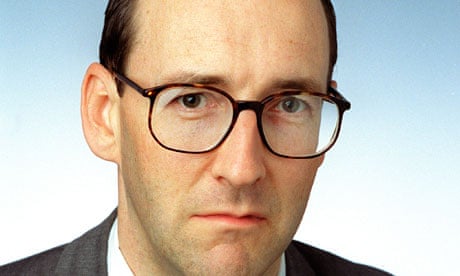An all-party group of MPs has written to the judge heading the inquiry into the UK's role in torture and rendition setting out the steps they believe are needed to establish the truth.
In a letter to Sir Peter Gibson, members of the All Party Parliamentary Group on Extraordinary Rendition say the inquiry should consider the roles played by ministers and civil servants, as well as intelligence officers and forces personnel.
They also say senior civil servants should be obliged to sign a "personal certificate" declaring that the inquiry has been handed all relevant information within that official's department. The inquiry should aim to publish every piece of information it receives, with only David Cameron allowed to censor its final report, and with any such redactions clearly signalled.
Finally, the MPs say they believe the inquiry should identify any former minister or official who refuses to give evidence. A series of former ministers of the last government – including Jack Straw, David Miliband, David Blunkett and Alan Johnson – have said they will give evidence if required. Tony Blair has not made clear whether he is willing to appear before Sir Peter's inquiry.
Andrew Tyrie, chair of the parliamentary group, said: "This inquiry must answer the questions: 'Who knew what and when, and who authorised it?' Sir Peter Gibson and the government are considering the inquiry's terms of reference, its treatment of documents and other information. It is crucial they get this right."
While the inquiry may not be able to compel witnesses to appear, Tyrie said, "by putting them under public and political pressure the inquiry and the government can and should make it uncomfortable for those who seek to refuse".
Cameron announced the inquiry in July, saying that "while there is no evidence that any British officer was directly engaged in torture in the aftermath of 9/11, there are questions over the degree to which British officers were working with foreign security services who were treating detainees in ways they should not have done".
Cameron had hoped the inquiry would begin before the end of the year, but it is being delayed by Scotland Yard investigations into the actions of an MI5 and MI6 officer. Another setback is the slow pace of the disclosure of government documentation in civil proceedings brought by six former Guantánamo inmates who are suing the government for its alleged role in their rendition and torture.
Last month, Amnesty International and eight other human rights groups wrote to Gibson. They urged him to hear as much evidence as possible in public; to aim to achieve maximum public disclosure and to not allow the inquiry's independence or thoroughness to be "compromised by government or intelligence agency attempts to invoke secrecy".
